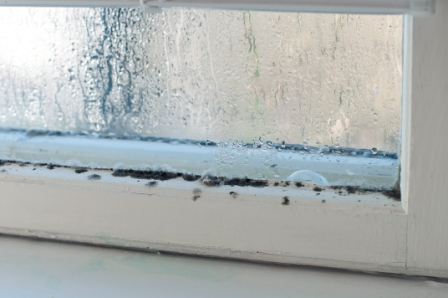There has been months of public concern about the cold, damp housing conditions many lower-income New Zealanders live in.
At the same time, there has been growing pressure for the introduction of minimum standards for rental properties.
In response, finance minister Bill English allotted $36 million to “ensure more New Zealand families live in warmer, drier and healthier homes” in Budget 2016.
The funding is to be delivered in two separate packages. There will be:
• $18 million, over two years, to extend the Warm Up New Zealand programme to insulate rental houses occupied by low-income tenants, particularly those with high health needs.
• $18 million, over four years, to expand the Healthy Homes Initiative* to reduce preventable illnesses among young children who are living in cold, damp and unhealthy homes.
Energy and resources minister Simon Bridges said the extended Warm Up New Zealand programme should see an additional 20,000 houses insulated and will target those most in need.
The government’s investment will be matched by funding from trusts and other third parties, he said.
“The programme provides incentives for landlords to insulate, including 50% financial assistance, to support them in meeting requirements of the Residential Tenancies Act.”
Both these initiatives are intended to complement the government's Residential Tenancies Amendment Bill which requires all rental properties to be insulated by 1 July 2019.
NZ Property Investors’ Federation executive officer Andrew King welcomed the new funding for both initiatives.
However, he said the Warm Up New Zealand programme should cover the entire cost of insulation for vulnerable tenants, not just 50%.
“The programme makes the insulation cost so high that even a 50% subsidy makes it an expensive exercise which will see rents increase for families living in these houses.
“This means that there is less money available in the tenant’s budget to actually turn their heating on.”
King said it would have been better if insulation and energy efficient heaters had been made tax deductible expenses.
“This would have improved rental properties and minimised the required rental increases for all tenants.
“It is the increasing cost of providing rentals, not the desire to make large profits, which is driving up rents.”
The Green Party also criticised the government for not providing more home insulation funding.
Green Party energy spokesperson Gareth Hughes said Budget 2016 actually cut home insulation funding to its lowest ever level.
For example, in comparison last year’s Budget allocated $23.9 million for home insulation.
Hughes said the government seemed to be giving up on warming up New Zealand’s houses – even though the country has some of the coldest, draughtiest, dampest houses in the developed world.
“No New Zealander should have to live in a cold, damp, draughty house that makes them sick.
“Yet fifteen children die every year and 42,000 child are hospitalised because of illnesses from cold, damp, mouldy housing.”
*The Healthy Homes Initiative provides families with insulation, curtains, heating, beds, maintenance and repairs, and advice on ventilation, mould removal and sleeping arrangements for children.



 Search
Search
